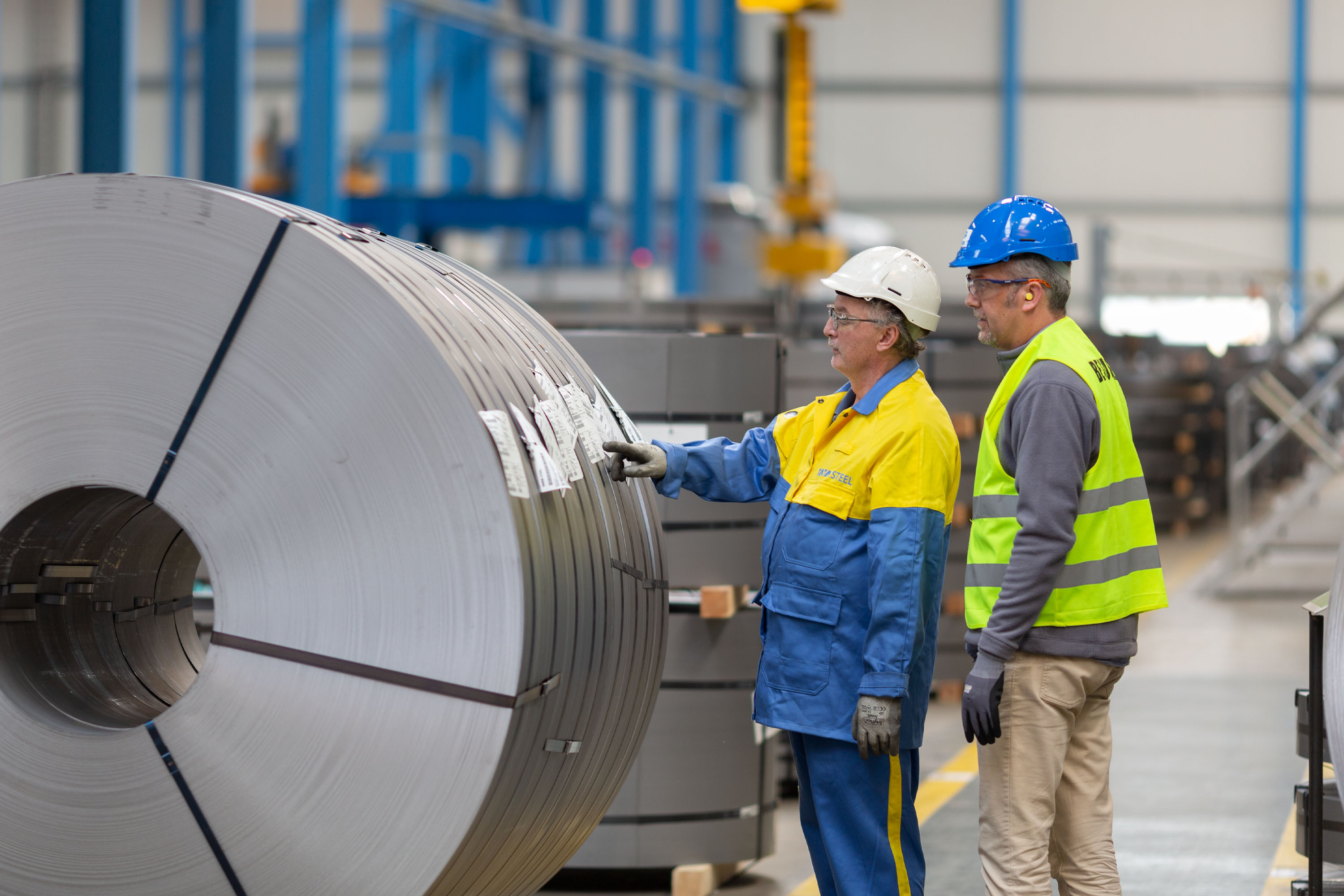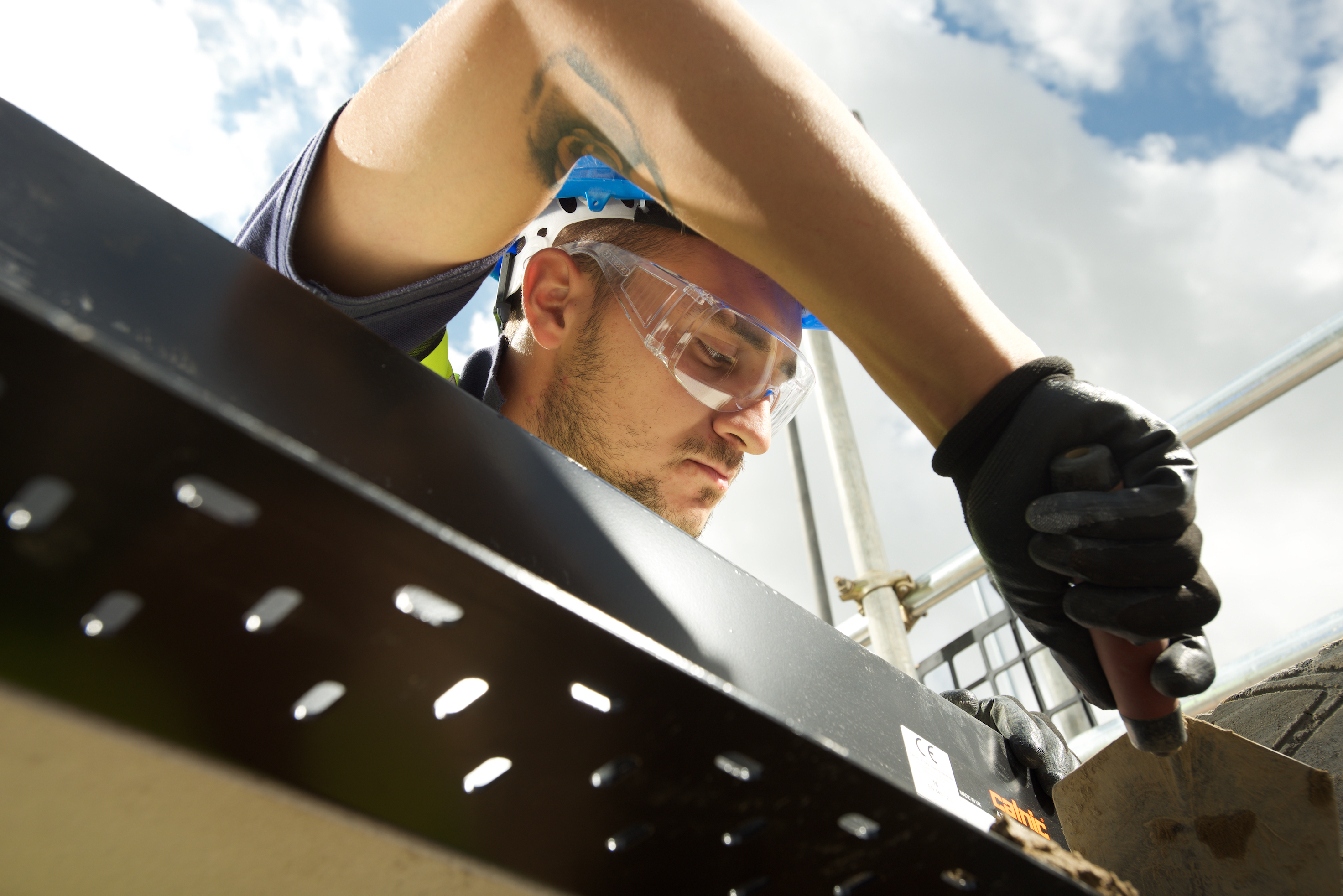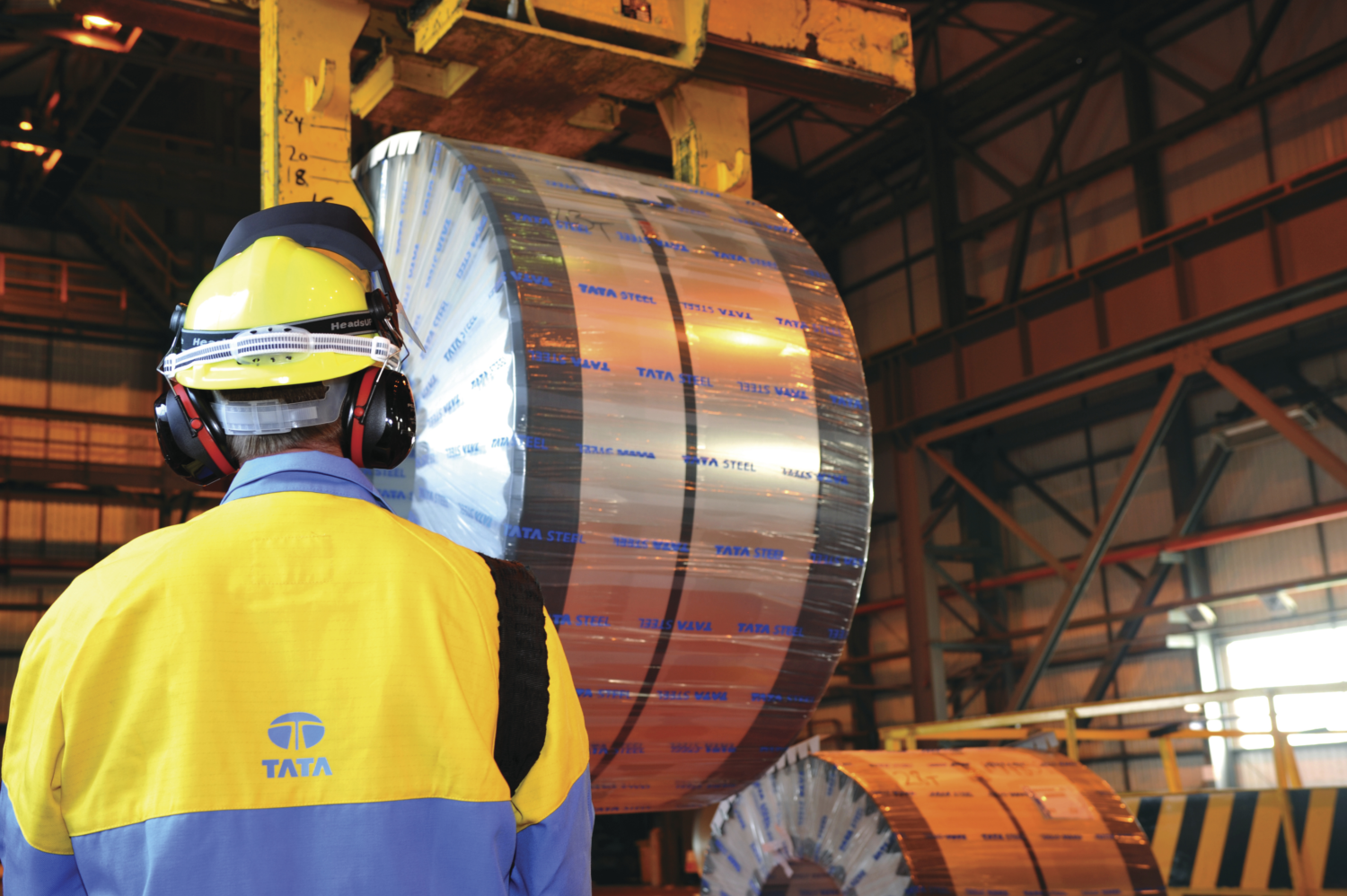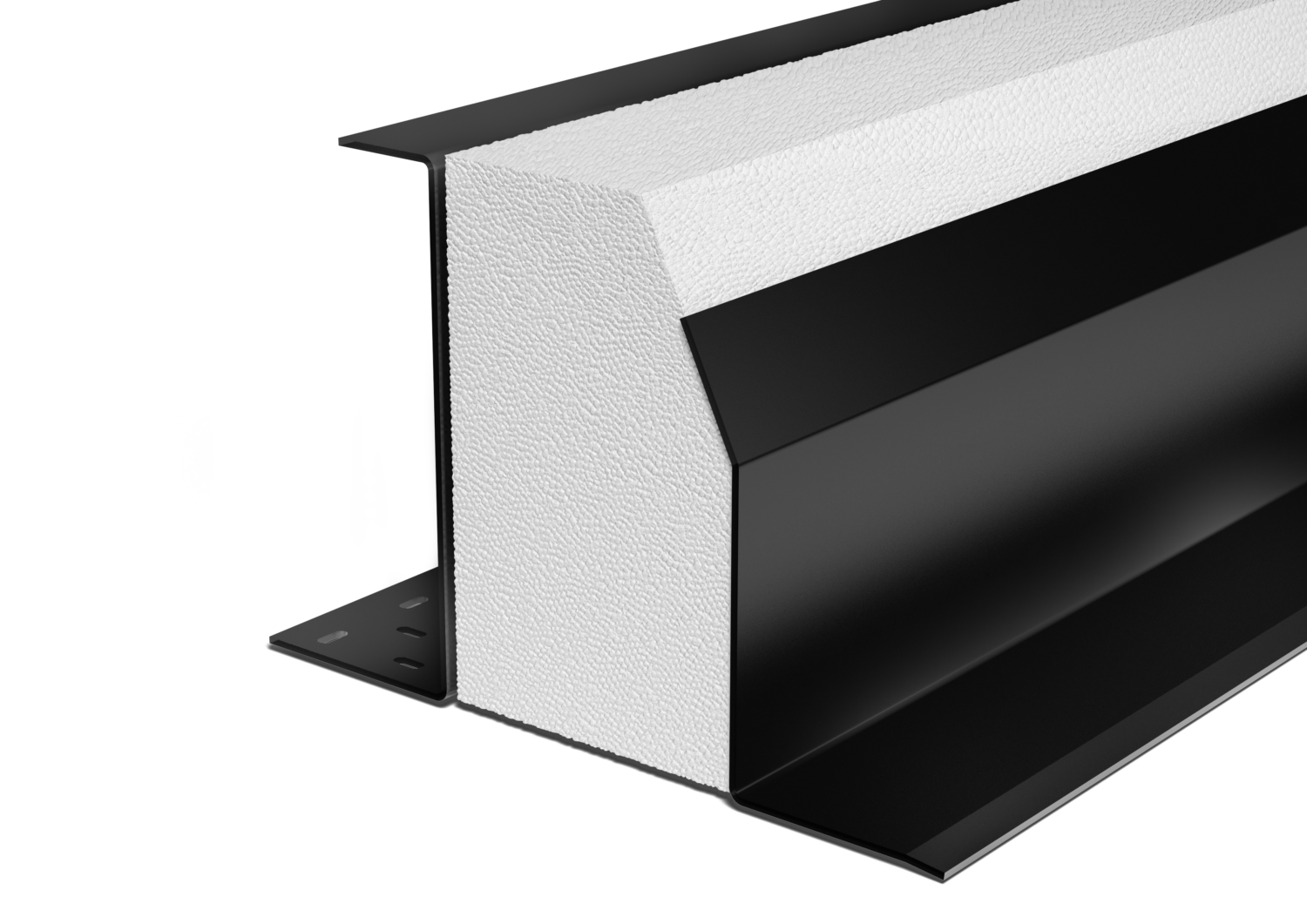Our Sustainability Commitment
Sustainability and decarbonisation is a fundamental priority for Catnic. In a world that is faced with a climate emergency, we are committed to providing a positive environmental legacy
We aim to achieve Net Zero Carbon at are Caerphilly manufacturing site by 2030 through six key initiatives: switching to 100% renewable electricity, eliminating onsite natural gas usage via electrification, reducing onsite emissions by (at least) 90% transitioning to low-carbon fuel sources, minimising offsite transport emissions through optimised logistics and supply chain collaboration, investing in energy-efficient technology, and maintaining ISO50001 accreditation for energy management to ensure continuous improvement.


Sustainability is embedded into every part of our business.
Our long-term commitment to research and development has put us at the forefront of steel products for the residential sector, designing solutions that improve the energy efficiency of homes while maintaining the quality standard that Catnic has been trusted to deliver since 1969.

We ensure compliance with all relevant local, national and international legislation and regulations.
We recognise that in our day to day operations we impact upon the environment in a number of ways. Therefore we are committed to achieving continual improvement in our environmental performance and pollution prevention and in supporting government policy for sustainable development.

Our long-term commitment to research and development has put us at the forefront of steel products.
Catnic thermal broken lintels are the only steel lintel solution on the market with no brackets, providing a complete thermal break between the inner and outer leaf's, delivering industry leading linear thermal transmittance Psi values of 0.02 to 0.05 W/mK. Independently verified by the Building Research Establishment. Catnic’s TBL range will always meet the performance criteria requirements of Appendix Q found in SAP 2012 providing easy compliance with Part L of the Building Regulations.
Our ambition for our Catnic manufacturing site, at Caerphilly, is to be Net Zero Carbon by 2030
We switched our electricity supply to 100% renewable sources in 2023, and are eliminating natural gas usage onsite by investing in electrification of our plant, taking full advantage of the decarbonisation of the electricity grid. And we're pushing further with continued investment in the best available technology plant and machinery to minimise energy use, whilst continuing to minimise offsite transport emissions to customers by maximising volume usage in our trailers, utilising transport hubs for distribution of smaller loads, and working with our supply chain to transition to lower carbon fuel alternatives.

Committed to achieving continual improvement.
Environmental impact information
The environmental impact of products can be assessed using standards such as BS EN 15804, using environmental product declarations (EPDs). EPDs contain information covering some or all stages of the product life cycle from raw material extraction, manufacture and fabrication, to use and end-of-life. In addition to quantified environmental information, an EPD contains a description of the manufacturing route, and a technical description of the product.
To supplement Catnic’s seven individual lintel EPDs we have developed a tool, that has been independently verified according to ISO 14025, to produce Product Environmental Datasheets (PED) for any standard lintel at any manufactured length. To request a copy of a PED for a specific lintel at a specific lintel please contact catnic.technical@tatasteeleurope.com
Downloads
- EPD Catnic Lintel ANG1500 pdf 653.2 KB
- EPD Catnic Lintel BSD1001500 pdf 674.0 KB
- EPD Catnic Lintel TS90 1001500 pdf 703.8 KB
- EPD Catnic Lintel CG90 1001500 pdf 741.7 KB
- EPD Catnic Lintel CH90 1001500 pdf 729.0 KB
- EPD Catnic Lintel CTF51500 pdf 684.1 KB
- EPD Catnic Lintel CN71 A2400 pdf 677.9 KB
- TATA 3689 Catnic Plaster Profile EPD JUN23 5 pdf 775.2 KB
More
-
Want a career at Catnic?
We promote an inclusive work culture, a commitment to employee well-being, engagement initiatives, and a focus on sustainability, global career prospects, and strong ethical values.
![Colleague discussing operations plan on manufacturing floor]()








